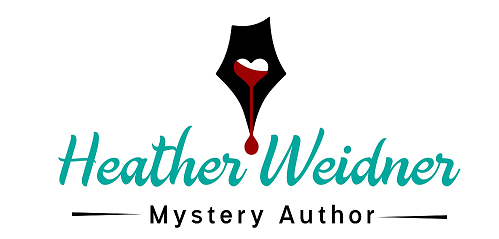Does Your Website Need a Health Check?
/People often create a website and update it only occasionally. Authors need to periodically check their sites to make sure they’re current (and interesting). New material (and your author blog), keep readers coming back to your site. Here’s my checklist for author websites.
Make sure your photo (author headshot) and biography are current. Your photo should be recent and professional.
Include a list of events (including online ones like Facebook parties) on your site. Make sure that you keep the list up to date. No one wants to see your events from 2010.
Check all of your links on your site to make sure that they still work. Make sure that you can move from page to page and your pages appear as you want them to look.
Fill out your “contact me” form and verify that you get the email notification.
Make sure that your newsletter signup form works correctly. You don’t want to miss people who are interested in your work.
Include all of your publications with buy-links. I have a page for books, novellas, and short stories. Put your most current book first or at the top. When you do links, include multiple outlets to share the love among book retailers.
Make sure you have a media page that has several biographies of different lengths (100, 250, and 500 words). Many authors include photos and book covers here. If you’re asked to do a presentation or someone’s doing an article or blog post on you, they’ll use the material on this page.
Make sure that you have links to all your other social media sites. Verify that they work.
Include your blog on your website (if you blog regularly). Again, people don’t want to stop by and see that your last post was in 2005. Pick a blogging schedule that works for you and try to stick to it. This is a great way to have fresh content on your site and to keep readers returning.
Remove any web pages that are no longer useful. Many of your web applications will let you deactivate or archive them in case you want to use parts of them later.
It is great to have someone create your site for you, but you either need a personal assistant or publicist to keep it current, or you need to maintain it yourself. Content from the last decade does not inspire readers to return to your site.
If you’re looking for new ideas for your site, visit other authors’ pages that are in your genre. Look at the color choices, layouts, and content. Look at the order of their pages (links or tabs at the top).
Look at your webpage on a computer, tablet, and cell phone. Most web services create pages that are “mobile friendly” and adapt to the screen on the device. But there are still some that don’t. Make sure your site looks professional on a variety of devices.








